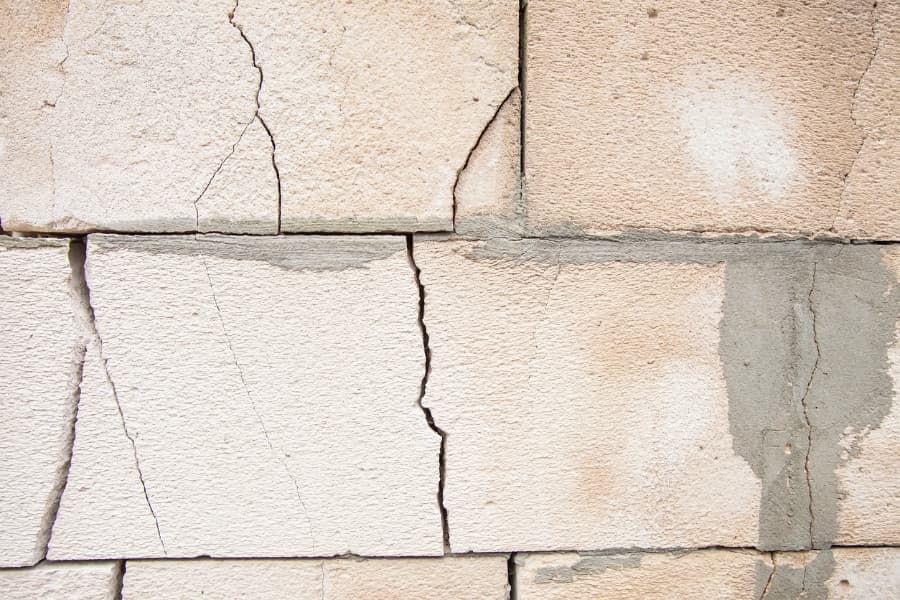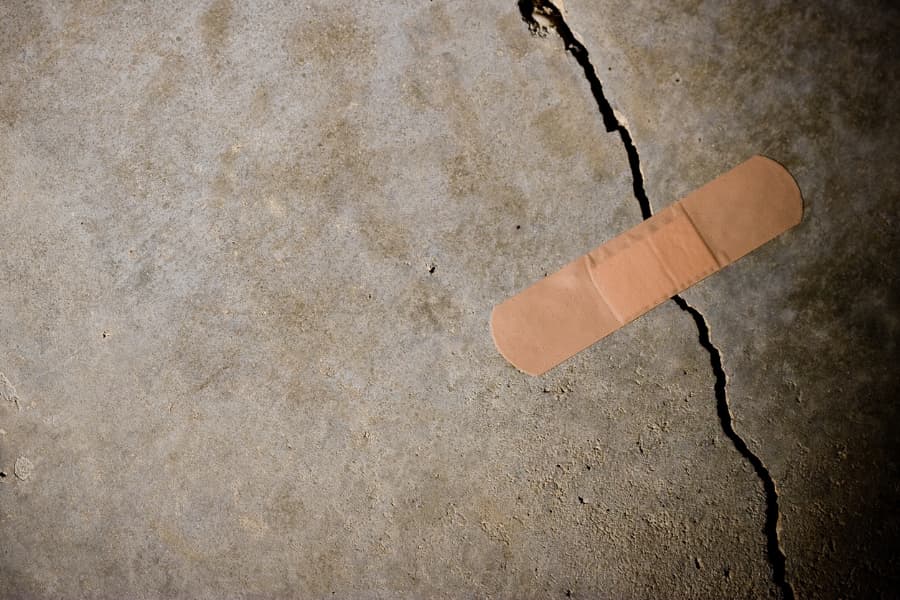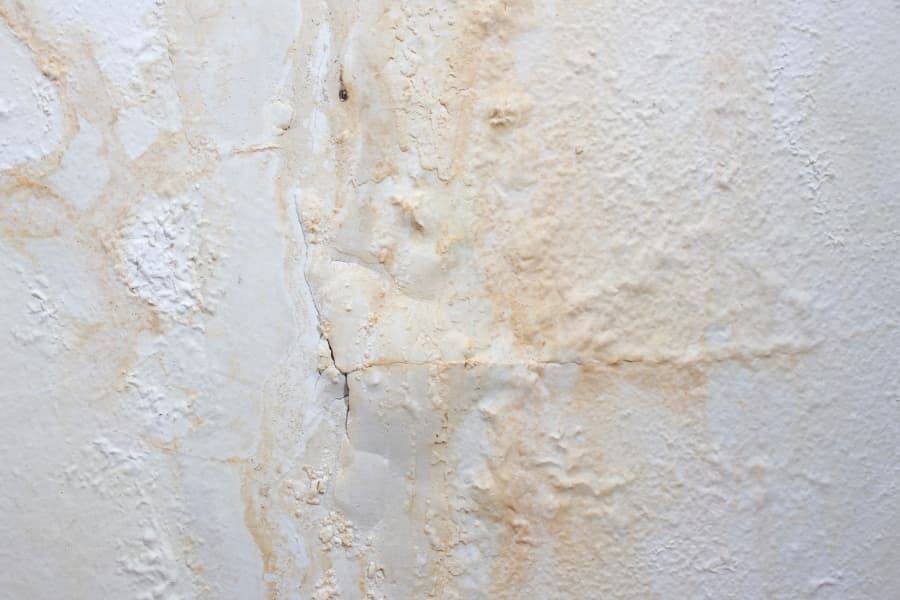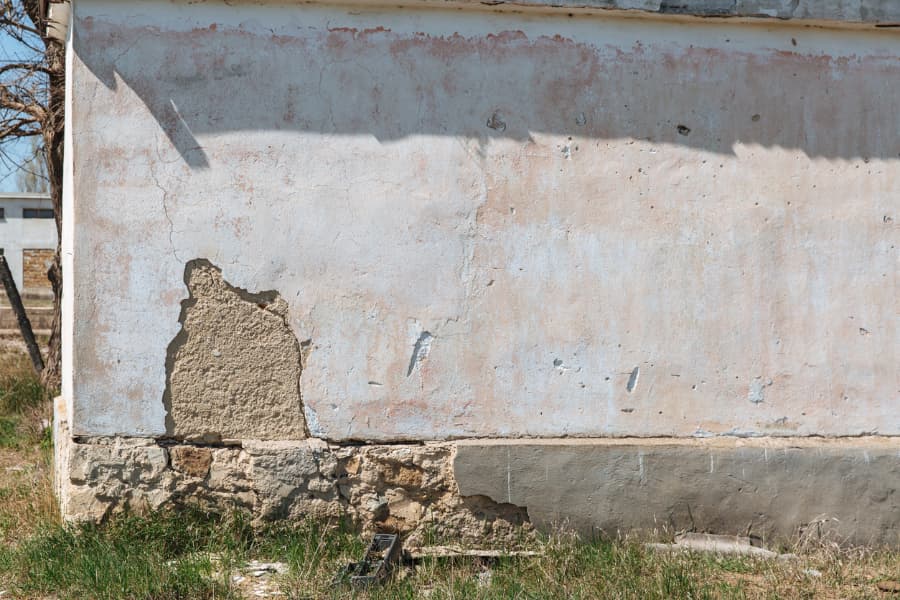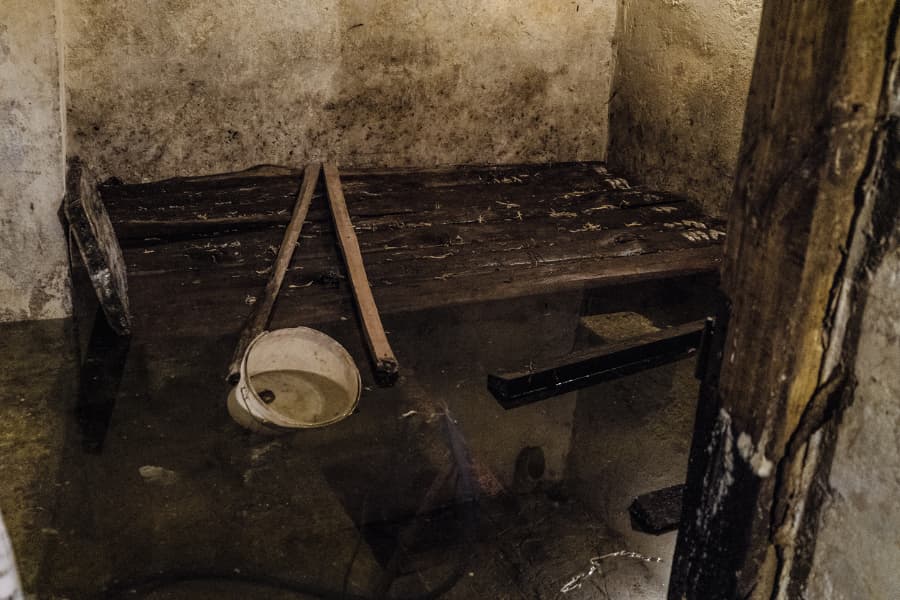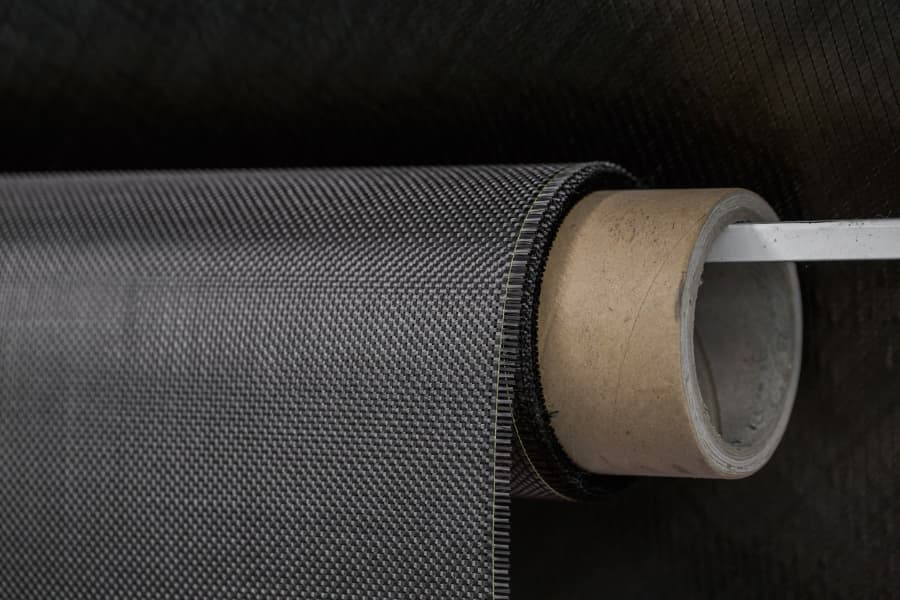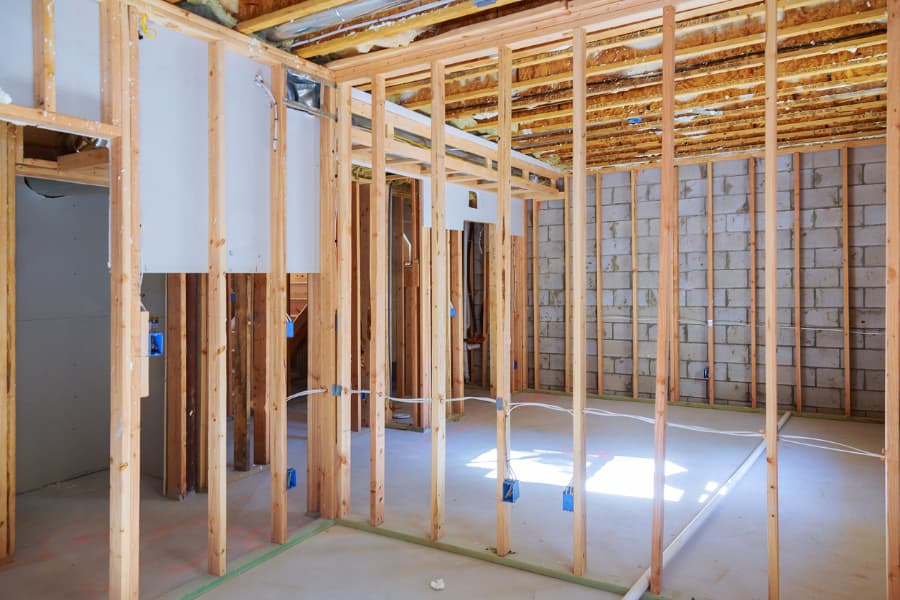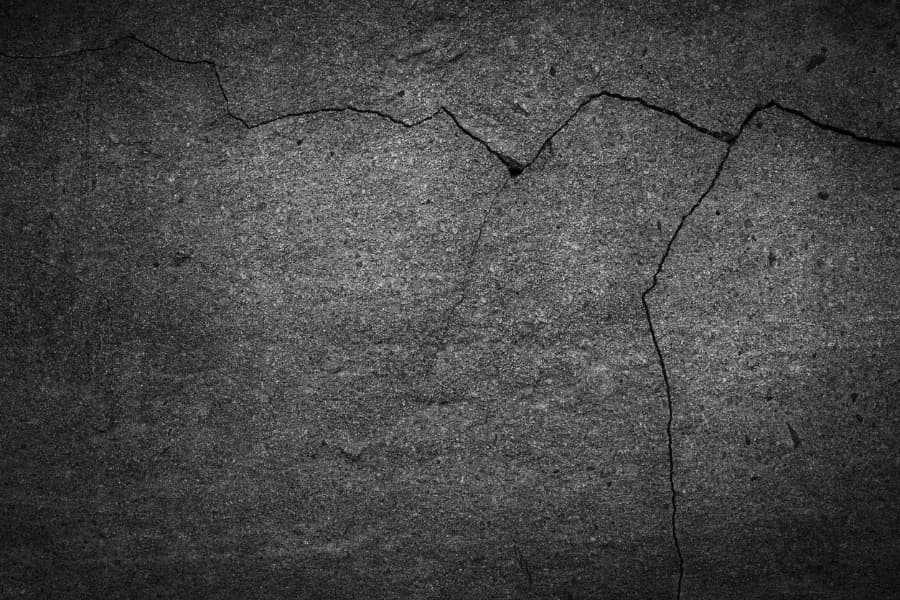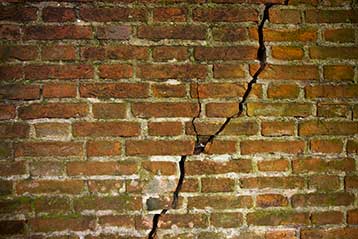When it comes to foundations, even the newest of homes are prone to damage. Whether you find cracks in the walls, sinking floorboards, or other signs of foundation problems, it’s imperative to have them addressed by professionals. The failure to do so could result in catastrophic consequences for not only your home but also your wallet. Here, Premier Wall Anchor & Waterproofing, home to a team of fully licensed, bonded, and insured foundation repair professionals, describes what could go wrong if you ignore the warning signs.
Damage Spreading Beyond the Foundation
Over time, foundations tend to sag into the soil, creating so much pressure that it can actually crack. When this happens, the home’s structural integrity is diminished, and unfortunately, the damage may extend beyond the foundation if not immediately taken care of. Some examples include:
Water Damage
Once cracks in the foundation are evident, moisture and water have a way to enter your basement and crawlspace and further threaten your home’s structural integrity.
Plumbing Damage
When soil contracts or expands, both above-ground and underground plumbing pipes can crack and break. When this happens underneath the foundation, it can be hard to access the pipes and fix the problem.
Structural Damage
It might begin with the foundation, but before you know it, structural damage will spread beyond the home’s base into areas like doors, walls, floors, and ceilings.
Insects, Mold, and Mildew
Clay-based soils that surround many foundations either expand or contract as they gain or shed moisture. Eventually, the result is structural damage that becomes a dank, damp breeding ground for insect infestations, as well as the growth of mold and mildew.
Procrastinating on foundation repairs not only invites in creepy, crawly creatures like spiders, termites, silverfish, and carpenter ants (just to name a few), but it also means you’ll rack up some hefty exterminator fees. And when it comes to mold and mildew, these problems only worsen preexisting structural damage and are harmful to your family’s health. In short, the only way to avoid these unfortunate outcomes is with routine foundation maintenance and repairs.
Lost Home Value and Increased Costs
If you’re interested in selling your home someday, foundation damage could prove problematic. Inspections are a standard part of the real estate buying and selling process, and buyers are much less likely to pay market value for a home that will cost them extra for foundation repairs. Plus, while you’re still living there, foundation problems have shown to raise utility bills. This is because structural damage makes heating, ventilation, and air conditioning (HVAC) systems work harder to regulate your home’s temperature, and it can also cause drafts.
Mitigate These Consequences with Professional Foundation Repair Services
If you’re like most homeowners, problems like these are the last thing you want to deal with. At the first sign of foundation damage or failure, be sure to call on the professionals at Premier Wall Anchor & Waterproofing. There are several solutions available, such as foundation wall anchors and piers, to restore your home’s structural integrity and prevent further damage. For more information about foundation repairs in Northeast Ohio, contact us today.


